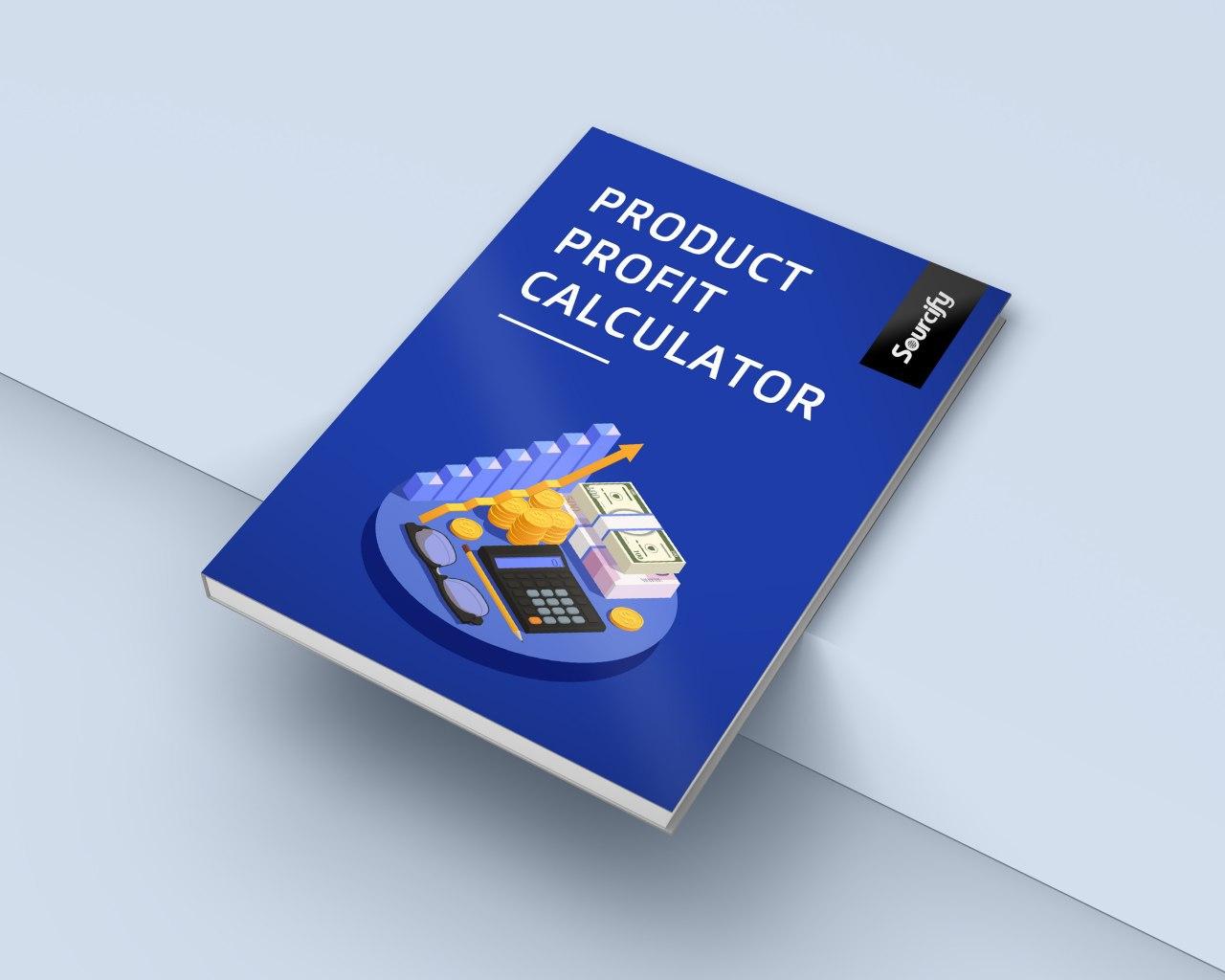Private labeling is one of the most effective ways you can have your products stand out from the million so other competitors. However, time and time again, many entrepreneurs find themselves hitting a brick wall and losing momentum when it comes time to actually source products.
Whether it be manufacturing your own product or finding suppliers to purchase wholesale from, they aren’t always easy to find, but we’re always here to help with the process.
Private labeling is the way to go
Private labeling has loads of potential from a branding perspective, but also comes with multiple barriers and hurdles that can lead to serious hold ups for any upcoming entrepreneur. One of the major hurdles to deal with is sourcing the best private label manufacturer for your product.
This can be quite difficult for most to pull off, but locating the best private label manufacturer at the lowest cost is a must, so you can churn out a reasonable profit margin.
With some insight and understanding about the relationship between businesses and manufacturers, you’ll be able to navigate into private labeling with confidence.
Here we shall lay down the benefits and risk of private labeling, what to seek for in a manufacturer, the differences between domestic and overseas manufacturers, and how to start sourcing private label manufacturers.
What is private labeling?
Alright, so you’ve probably heard of the concept private labeling before, but not too sure what it actually is.
Private labeling is a brand that’s not owned by a manufacturer or producers, instead, its owned by a retailer or supplier who has the item developed by a contract manufacturer under its own brand name.
Companies who use private labeling as a business model, mostly do so because they have to pay less for privately labeling products, compared to other national brands. This is the opposite of wholesaling or selling other brand’s products.
This, of course, leads to higher profit margins for the business due to the having to pay a reduced price.
In other words, it’s having your own product line under your own personal brand name. Pretty cool huh?
Private labeling has increasingly become popular for online sellers to include value to their product offerings and differentiate themselves from the growing numbers of generic products being sold through online retailers.
Traditional retailers, such as Target and Whole Foods, are also investing quite heavily into private label products.
If you’ve walked into Safeway or another big name grocery outlet lately, you might have noticed brands under Safeway’s name. That’s their own private label version of certain products.
Even so, it’s not necessary for you to compete against popular brands to gain success from selling private labeled products.
Benefits and Risks
There’s plenty of benefits and risk that come with utilizing private labeling that entrepreneurs should become aware of is getting involved. Let’s start with the benefits.
Benefits
Profit margins: Private labeled products will usually generate higher profit margins than their generic counterparts.
While it may cost a bit more to get a manufacturer to include your branding to a product, you will be able to sell said product at a higher price.
There is inherent value in a branding product even if the brand may be unknown to the populace. An unknown brand still holds better value compared to a genetically branded product. Private label products will usually have higher profit margins than established national-wide brands as the items are normally cheaper to create.
Exclusivity: A massive advantage for private labeled products is that they tend to pop out more than generic resell products on online retailer websites such as Amazon or eBay. Essentially you’re setting your product line apart from other competitors and giving the consumer even more reasons to purchase your product. This also eliminates the temptation of competitive pricing as your product differs to everything else currently in stock.
Branding: Manufacturing a private label means you have your own brand image. It’s something you own and will asset your products when selling them. Having a brand gives your business, in general, have an identity. If your consumers enjoy your product they will purposefully search for your brand in the future, rather than opting for a generic product label for a cheaper price. This brand can eventually lead to the beginning of a personal eCommerce store where customers will be able to access your complete catalog of products. In the end, branding is all about gaining recognition, trust, and customer loyalty, all things that can be quite difficult to achieve when selling a generic resale product.
Marketing: Owning a private label product can also help your marketing strategy. Generic products will only limit the options you can perform when it comes to marketing.
With your very own brand, marketing will be taken to a whole new height. It’s possible for you to make a story around your brand, take creative product pictures, develop a social media presence, and aim your products at specific demographics.
You can run ads on your own products. You can own your own brand’s Facebook page and social media accounts. It’s all yours!
Risks
Quality: Product quality will be at risk for any online seller that chooses this path. Although, there is possibly more at stake for sellers. Entrepreneurs will be taking a large risk for placing a brand on a product that may not be up to par for most. Poor quality products sold to potential consumers will make your business and brand suffer. This is why it’s important for business owners to find a trusted private label manufacturer and test sample products before fully committing yourself to a large order.
Reliability: You will be at risk when it comes to the reliability of your manufacturer and supplier. What happens when they’re taking too long, making up excuses, or suddenly go out of business, especially after you’ve placed all that hard working into making the best brand for your product? Searching for a reliable manufacturer will hopefully mitigate this problem, but it’s not something that can be completely prevented.
Liability: A private label seller will most likely to be liable for any product that is sold under your brand name. This can lead to some serious risk, especially if the products are something like baby products or anything that could be considered fragile or dangerous, such as food and dietary supplements. This can be especially risky for those in the United States where civil lawsuits have come quite common. Private label retailers can seek to shift the liability to the manufacturer, but this is something that needs to be established before the product makes it to the aisles. Another possible option for liability is the insurance of your business.
Legality: Selling a private label product with your brand on it will leave you open to legal issues in the future. It’s important to be aware of trading regulations, possible trademark/patent risk, as well as the safety risk mentioned before. You also need to be careful of any kind of wording you use or claims made on the packaging to prevent any sort of legal challenges. And if you’re potentially heading towards competition against larger-named brands and the start to view you as a threat, expect them to take legal action in hopes of either slowing you down or shutting the business down.
What to look for?
Locating a trusted, reliable private label manufacturers is essential for the success of any business out there. But what does a competent private label manufacturer look like?
Product specialization: First of all you will want to search for a manufacturer that specializes in producing the type of product your interested in selling. Just because you’ve previously worked with a manufacturer that made sports goods products, doesn’t mean you should continue sticking with them for your private labeled food labeled products. Search for manufacturers that will have a track record in your choice of product.
Competitive pricing: Securing a fantastic price from the manufacturer means your profit margins will be much higher. Although shopping around will be necessary for this step. Request a quote from the manufacturers that have caught your interest so you know you’re getting a competitive price. The difference with private labeling compared to dropshipping is that you’re negotiation the price for including your branding and any other features to the manufacturer’s products. Ask for pricing on sample products, minimum quantities, discounts for bulk buying and shipping costs as well.
Product quality: Product quality is probably the most important part when it comes to seeking out a private label manufacturer. Make sure to get samples of the private label product to ensure they are in good quality before shipping them out.
Reliable delivery: Before fully committing yourself to a manufacturer, make sure to ask them about delivery times. Any delays in getting your product to the stores will result in potential sales lost and angry consumers.
Domestic vs. Overseas Manufacturers
A question many entrepreneurs ask when searching for suppliers to a manufacture their product is whether they should source domestically or from overseas. Domestic refers to companies that are located in your home country while overseas can refer to any location outside of your home country. This normally means you’ll be outsourcing to countries in Asia, such as China, India, and Taiwan. Most people are aware that its cheaper to course products overseas, but there are certain aspects to consider when simply cost per units. Domestic and overseas private label sourcing both have their advantages and disadvantages that you will need to understand before making a big decision.
Domestic Manufacturing
When looking for suppliers if you plan to manufacture or wholesale, you’ll need to decide whether you want to source domestically or from overseas. Overseas can refer to any location abroad.
Typically, and for the purpose of this post, overseas suppliers are located in Asian countries like China, India and Vietnam. That’s because it’s often cheaper to source your products overseas, especially in these countries. But there’s a lot more to the decision than just the upfront investment and cost per unit.
Advantages
- High-quality manufacturing and labor standards
- No language barrier
Disadvantages
- Higher manufacturing costs
- Less product choice (There are many items that just aren’t manufactured in North America anymore)
Overseas Manufacturing
Advantages
- Low manufacturing costs
- High number of manufacturers to choose from
- Production versatility
- Quicker turnaround times
- One-stop services have made it easy to navigate suppliers
Disadvantages
- Usually lower manufacturing and labor standards
- Language and communication barrier can be difficult to navigate
- Difficulty/costly to verify manufacturer and visit on-site
- Longer shipping time
Improve Communication with Overseas Factories
Most entrepreneurs tend to struggle when it comes to communicating with their suppliers, especially if it’s an overseas supplier. Misunderstandings will often occur due to persistent misconceptions about manufacturing.
For instance, a supplier may interpret vague specifications, to negotiating too low on price, many business owners will struggle with manufacturers overseas. Here are some tips you can improve your communication with them.
Simple Emails
Sending an overabundance of emails, using complicated language or including spelling mistakes in your message can lead to loads of misunderstandings. And by doing so, you are at risk of having your manufacturer miss the key points of your email. Limit your email correspondence to one simple email chain per top when possible. Use short words, short sentences, and bulleted or numbered lists to help the manufacturer more easily respond to these different points.
Phone Call Follow Up
Calling your manufacturer over the phone is one way to quickly improve your communication skills. It’s often best to get in contact with your supplier if they haven’t responded to your emails within a reasonable amount of time or become generally unresponsive. Reviewing details over the phone will help you avoid any misunderstanding and gauge whether a supplier genuinely understands what you’re requesting from them.
Create a QC checklist
Sending a QC checklist to your manufacturer before production even begins will help limit any sort of miscommunication.
This will allow the manufacturer the time needed to review your requirements and confirm their capability to meet them, ask questions and offer feedback.
Include an estimated completion timeline for each milestone in this checklist.
Meet with your supplier in person
Meeting the manufacturers in person can help place a face to your name. After doing all the prep work and finding the factory that can help with sourcing your product, it’s time to meet them in person.
Larger manufacturers tend to handle thousands of purchases each year. And your requirements can easily be lost through the stacks of others. But if you decide to take the extra mile to visit them, they may just prioritize your orders a bit more.
This is also a much easier way to get reliable, real-time feedback related to important details of the buyer-supplier relationship when discussing business in person.
Another good thing about meeting with your supplier in person is that you can visit their assembly line and get a feel for how your product is being produced.
Trust but always verify
This may seem contradictory to some of the advice you previously read. Although even the most experienced entrepreneur knows due diligence is essential when working alongside a new manufacturer, no matter how credible they may be painted as.
It’s never wrong to appropriately confirm the information your manufacturer communicates to you. For that matter, you’d be quite reckless for blindly trusting them if you have any expectations at all for what you’re purchasing.
Putting it together
Sourcing suppliers and manufacturers is a unique process, and for many, a new experience. Trying to locate suppliers that are a good fit is a critical decision for your new business and aren’t always easy to find.
It’s easy to get frustrated when you hit dead ends or brick walls but in most cases, it just requires a little more patience and perseverance to find the perfect partner for your new business.
Fortunately, we’re here to help. We’ve taken the time to understand your pain points and struggles. Because of this, we’ve built Sourcify to help entrepreneurs like yourself find the best suppliers to work with. Get in touch with us and we’ll be more than happy to help.




